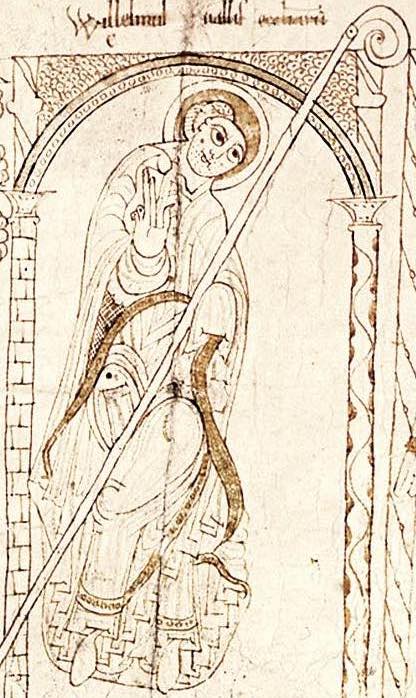
Seminar: “Encoding Identity and (Re)collecting the Past in Decorated Charters and Cartularies of the Twelfth Century”
Shannon Wearing (Mellon Fellow, PIMS)
Those planning to attend the seminar are asked to register before Tuesday 27 October with the Institute Registrar: allan.smith@utoronto.ca
Over the course of the twelfth century, the northern Christian kingdoms of the Iberian Peninsula yielded a remarkable proliferation of illustrated charters and cartularies. A range of visual elements can be found on single-leaf parchments and in compilations thereof, including elaborate monograms, corporeal fragments, isolated figures, and full narrative scenes. In considering this phenomenon as an artistic genre, this presentation will analyze the semiotic and ideological functions of such imagery. An investigation of select examples reveals how these devices encoded individual and collective identity as a means of authentication and as a means of perpetuating dynastic legacy. They testify to the dynamic relationship between medieval ceremonial and written record, and that between original documents and copies.
Crucial to this discussion are the historical circumstances that led to the pictorial impulse within scribal/documentary practice and to the archival and “codexical” impulse underlying the production of cartularies. Of particular interest is the emerging phenomenon of secular cartularies and family archives in the second half of the century. Comparative analysis of two examples from very different parts of Europe, the Liber Feudorum Maior of Barcelona and the Codex Falkensteinensis of Bavaria, allows us to glean insight into the broader implications of this novel genre of manuscript. Both codices involved the strategic collection of the past as a method of constructing memory and perpetuating specific socioeconomic relationships.


